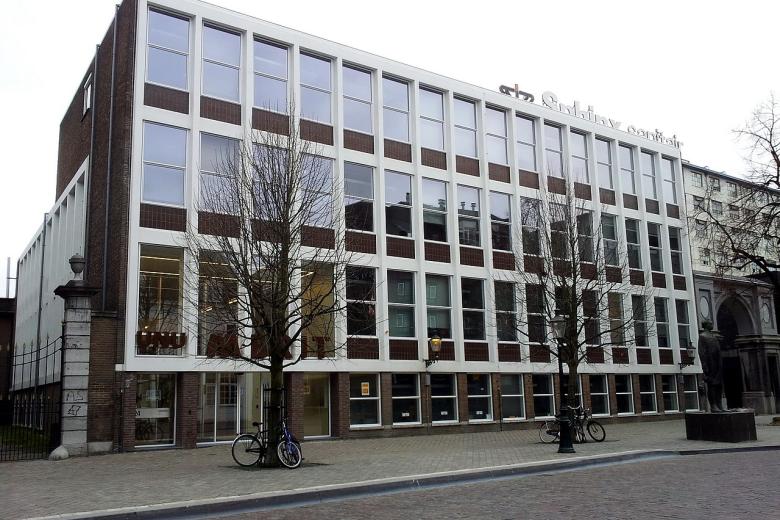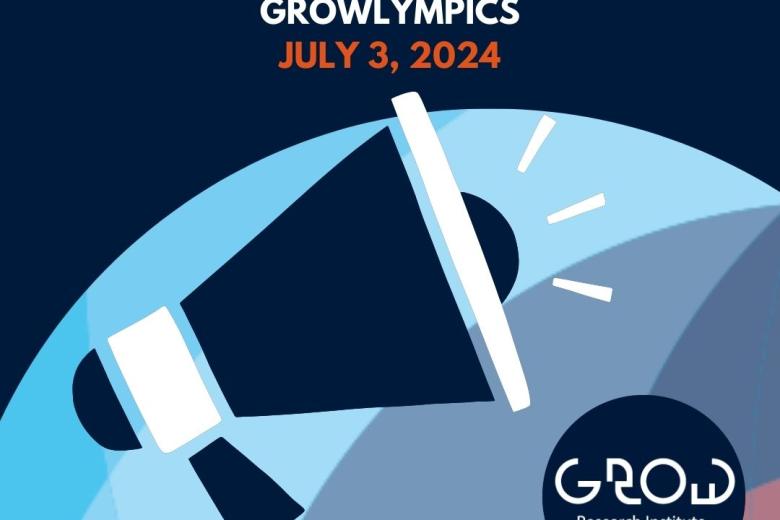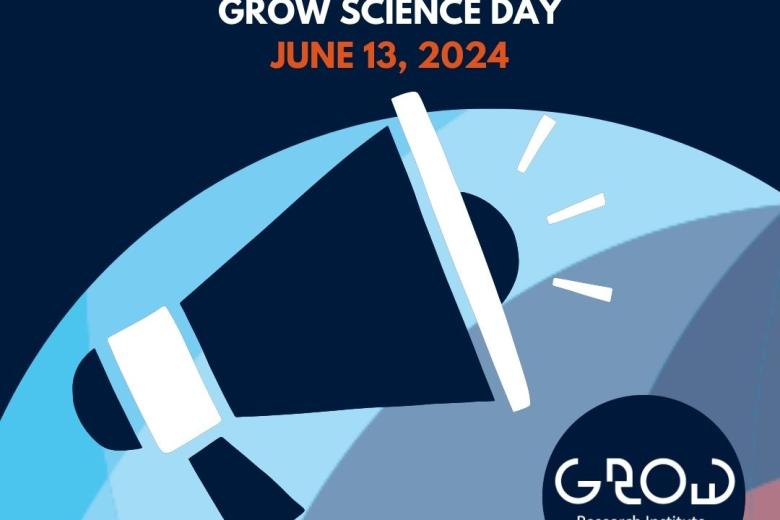Explore the MSc in Public Policy and Human Development, a unique program in collaboration with the United Nations University! Join our online info session via Zoom, where the program coordinator, admissions team, and a student ambassador will provide insights into Problem-Based Learning, the curriculum, admissions process, available scholarships, and post-graduation professional options. Get all your questions answered and make an informed decision. We're here to assist you on your academic journey!
MSc Public Policy and Human Development | Online info session #1
- Information activity
- study information

In such transdisciplinary collaborations, the arts are often seen as “creative partners” for cooperation. They are for example expected to facilitate the communication between societal stakeholders, or act as vehicles for social critique or commentary. In this panel, we propose to see the arts not as “instrument” or “creative solution-producer". Rather, we ask how the arts can inspire transdisciplinary practice, proposing that the arts are at the core of the very societal transitions that transdisciplinary collaborations seek to address. We re-attend to the arts as practices that can interrupt, distract, deviate, slow down, create discomfort, interrogate, problematise, and confront. By doing so, we critically address the conflict-solving approach that STS scholars have attached to transdisciplinary projects.
In this combined open panel, we therefore not only invite papers, we explicitly invite artists, (social) designers, musicians, writers, and artistic researchers to share their proposals for workshops, experiments, prototypes, performances, or other artistic inventions too. Together, we aim to explore methods, ways of attending, and collaborative work practices that can inspire STS researchers to rethink the position of the arts in transdisciplinary projects.
Deadline for the call is 12 February 2024.
The 4S/EASST conference will take place on 16 - 19 July, 2024 in Amsterdam, the Netherlands. More information is available under https://www.easst4s2024.net/.
Mathieu Segers posthumously honored with Sign of Merit Maastricht
- UM news
The family of Maastricht professor Mathieu Segers has been awarded the City of Maastricht's Sign of Merit by Deputy May

GROWlympics 2024 🏆
- Highlight
- Information activity
- sports event
Join the GROWlympics on July 3rd
and win the GROW cup with your team
12:00 – 16:30 | Register now

GROW Science Day 2024 🔬
- conference
- Highlight
- Information activity
- seminar
- symposium
Join us and meet fellow GROW researchers!
Location: Hotel van der Valk, Maastricht
Date: June 13th, 2024
Time: 8.30– 17:00
Please register for the Science Day here.*
